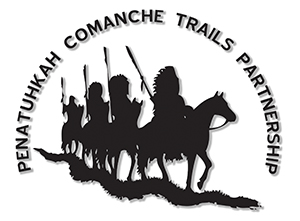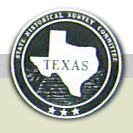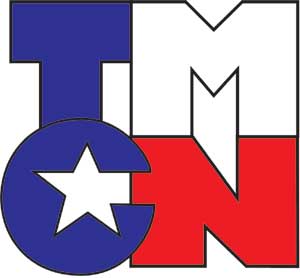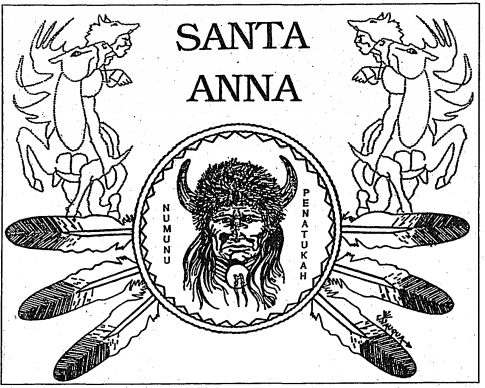Members & Roles
Penatuhkah comanche trail partnership
Who We Are
Comanche Nation
Legacy Plaza Botanical Garden and Native American Interpretive Center
Legacy Plaza, consisting of The Texas Botanical Gardens and The Goldthwaite Welcome Center includes the Native American Interpretive Center, which exhibits ancient Texans’ use of local plants and waterways and shows the impact the natural environment of Central Texas had on their social, educational, spiritual, and cultural lives. Legacy Plaza also offers a variety of on- and off-site educational programming for children and adults alike through field trips, presentations, and interactive hands-on experiences.
Brown County Museum of History
The Brown County Museum of History, Inc., exists to preserve the tangible evidence of our heritage and to educate the public through exhibits and interpretive programs. The main building at 209 North Broadway houses displays – mainly interactive – relevant to Brown County from prehistory to the present. The museum also maintains and provides tours of the four-story Brown County Jail, built in 1903 and located across the street from the main building.
Texas Midwest Community Network
Assist member cities and organizations in accessing resources for economic development.
Deliver communication and support capabilities to members and group. Help in outreach to non-member cities and institutions in the region.
Texas Forts Trails
Provide resources and common identity to the various members.
Provide legality and fiscal responsibility to the combined membership and administer grants.
San Saba County Historical Museum
Anchor the southeast region of the Penatuhkah Comanche Trails Partnership. Educate citizens on the importance of the transatlantic frontier history between the German founders of Fredericksburg and the Penatuhkah band. A peace treaty between them was signed at San Saba River west of city. This treaty is a rare, if not unique, unbroken Indian treaty. The “White Path” of peace from Santa Anna Peaks, through San Saba and many other significant Penatuhkah destinations, to Fredericksburg provides an inspiring example of how we should treat each other if we want peace.
Santa Anna Historical Development Organization
Coordinate with the Comanche Nation (tribal headquarters is in Medicine Park near Lawton, Oklahoma) through long-term relationships and new ones with the Comanche Nation leaders, Penatuhkah descendants, and other Comanche stakeholders. Continue to provide research and project development and to seek and apply for grants to fund the needs of the partnership.
Member City Chambers of Commerce and Visitor
Bureaus Support the activities of the Penatuhkah Comanche Trails Partnership. Coordinate project development around mutual economic development for stakeholders. Assist in identifying (and protecting site confidently as needed or requested) relevant cultural and natural resources on privately owned sites that may be Traditional Cultural Properties associated with Penatuhkah Comanche history and heritage.
Menard County Historical Society:
Anchor the southwest region of the Penatuhkah Comanche Trails Partnership. The Menard County Historical Society is formed for historical and literary purposes in regard to the preservation and documentation of the people, places, and events pertinent to the history of Menard County.
Mills county historical museum
The mission statement of the Mills County Historical Museum has been to acquire, preserve, and interpret items from or related to Mills County that have historical significance to the residents and visitors of the county.
As one enters the museum, a painted mural of the first courthouse is seen as the backdrop for the first car registered in Mills County. The museum is housed in a building that was erected in 1893 and a second story was added in 1906.
The residents of Mills County are very proud of the numerous authenticated Indian sites located on private lands here. Visiting the Mills County Historical Museum will open a world of Penantuhkah relics which includes an extensive arrowhead and tool collection as well as historical documentation of the last two Indian massacres in the county.




